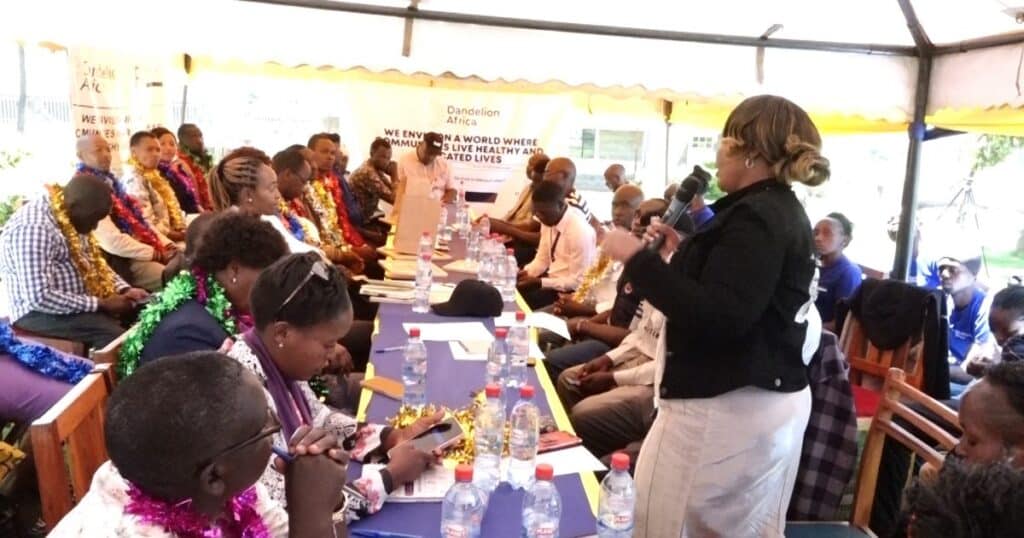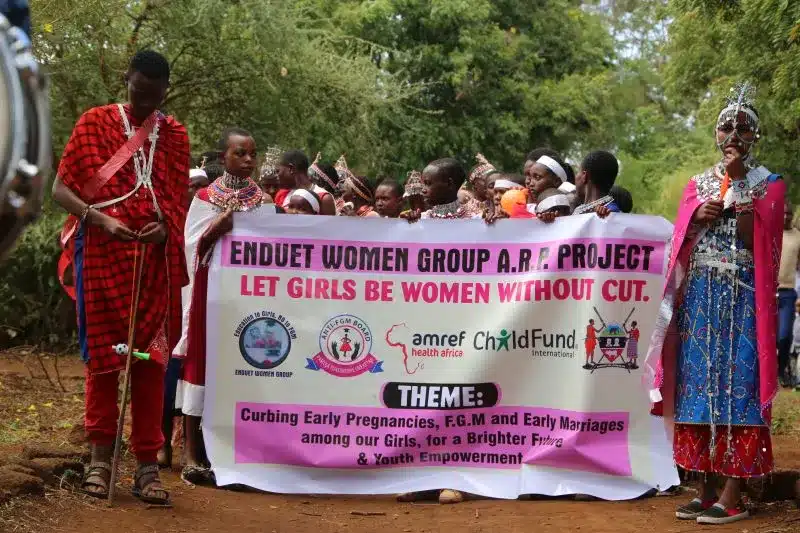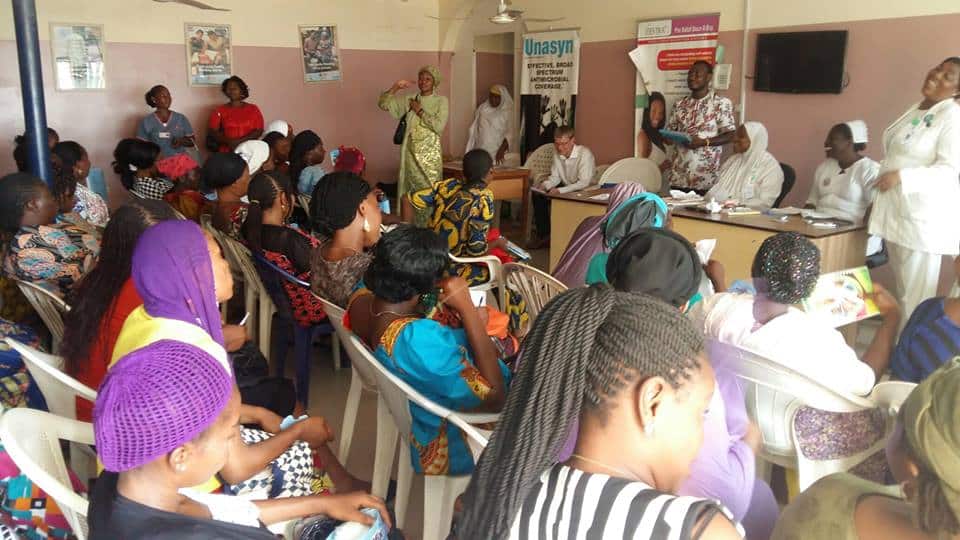https://www.ungei.org/sites/default/files/2021-02/FGM-The-Role-Of-Education-2016-eng.pdf
Education and awareness-raising initiatives play a crucial role in challenging harmful practices such as female genital mutilation (FGM) and empowering communities to abandon this deeply entrenched tradition. These initiatives aim to increase understanding of the physical, emotional, and human rights implications of FGM, fostering a culture of informed decision-making and collective action.

First and foremost, education serves as a powerful tool for dispelling myths and misconceptions surrounding FGM. By providing accurate information about the health risks, legal implications, and human rights violations associated with FGM, educational programs empower individuals to make informed choices and challenge harmful cultural norms. This knowledge equips community members with the confidence and agency to advocate for change within their own families and communities.
Furthermore, awareness-raising initiatives create spaces for open dialogue and discussion about FGM, breaking the silence and stigma that often surround the practice. By facilitating conversations among community members, religious leaders, health professionals, and policymakers, these initiatives foster a sense of collective responsibility and solidarity in the fight against FGM. They also provide opportunities for survivors to share their experiences and seek support, reducing isolation and promoting healing.

Moreover, education and awareness-raising initiatives help to mobilize community leaders and influencers as allies in the campaign to end FGM. By engaging religious leaders, traditional healers, and other respected figures, these initiatives leverage existing social networks and sources of authority to disseminate anti-FGM messages and promote alternative rites of passage. This grassroots mobilization is essential for shifting cultural norms and attitudes towards FGM and promoting gender equality and women’s rights more broadly.

Additionally, education empowers individuals with the knowledge and skills to recognize and respond to signs of FGM within their communities. Health professionals, educators, and community workers can play a critical role in identifying at-risk individuals, providing support to survivors, and referring them to appropriate services. By integrating FGM awareness into school curricula, health education programs, and community outreach activities, education initiatives help to build a supportive environment for those affected by FGM.
In conclusion, education and awareness-raising initiatives are essential components of efforts to end FGM and empower communities to abandon this harmful practice. By equipping individuals with accurate information, fostering open dialogue, mobilizing community leaders, and empowering survivors, these initiatives create pathways for change and promote a future where every individual can live free from the physical and psychological consequences of FGM.




